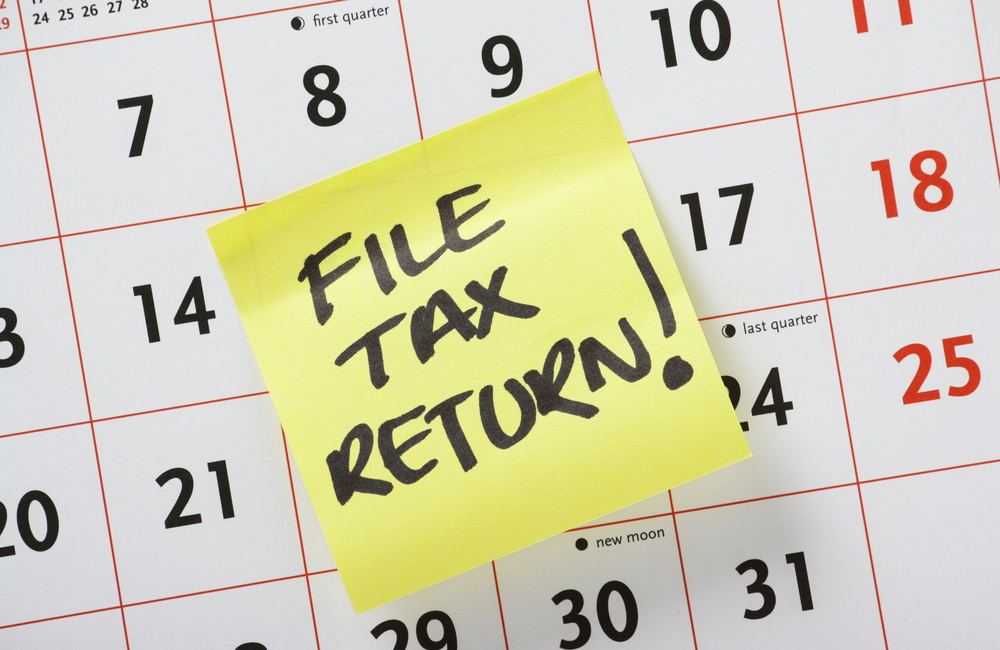News
Self-employed grant applicants urged to file tax return early

The self-employed who are eligible for the third round of government grants are urged to file their tax return early in order to benefit their application.
The deadline to submit 2019/20 tax returns falls on Sunday 31 January 2021.
But the self-employed are urged to file returns now, particularly for those who are eligible to apply for the government’s third tranche of the Self-Employment Income Support Scheme (SEISS).
It’s worth 80% of your average monthly trading profits, paid out in a single instalment covering three months’ worth of profits, and capped at £7,500 in total.
Applications for the third SEISS grant opened on 30 November and will close on 29 January 2021, just ahead of the tax return deadline. A fourth grant will be available in February 2021.
Tax and advisory firm Blick Rothenberg said people should complete tax returns now which will also help “evidence” SEISS claims.
Robert Salter, tax service director at the firm, said: “By filing the tax return now, you can potentially help ‘evidence’ any claims you may need to make for a government Covid grant.
“The self-employed are only formally allowed to claim the grant in future, if their business has, in effect suffered a ‘significant negative impact’ because of Covid.
“Pulling together the income and expenses as part of filing the 2019/20 tax return can help provide the self-employed with the information they require to justify a SEISS claim, in the case of an HMRC audit of the grant application.
“Tax returns are not innately top of the agenda for most self-employed people, but by focusing the return now they may be putting themselves in the best possible position to benefit from additional government support during the recession caused by the pandemic.”
Salter added there may even be a benefit in filing the tax return promptly for those self-employed who have been ‘left behind’ by the SEISS scheme, receiving no financial support from the government.
He said: “By ensuring their tax return is filed on a prompt basis, it is just possible that this will put additional pressure on the government to provide some genuine support for such ‘left behinds’ who have often taken significant financial risks in setting up their own businesses and have, in many respects, been totally ignored by the government in its formal Covid response programmes. This pressure will only grow, if as is possible, HMRC needs to extent the SEISS grants into the 2021/22 UK tax year.”
A final benefit of filing early rather than at the last minute is that for anyone who overpaid tax for the 2019/20 tax year because of payments on account arising from the 2018/19 tax return, “the quicker you do the tax return, the quicker you might be able to get a tax refund from the Revenue”.